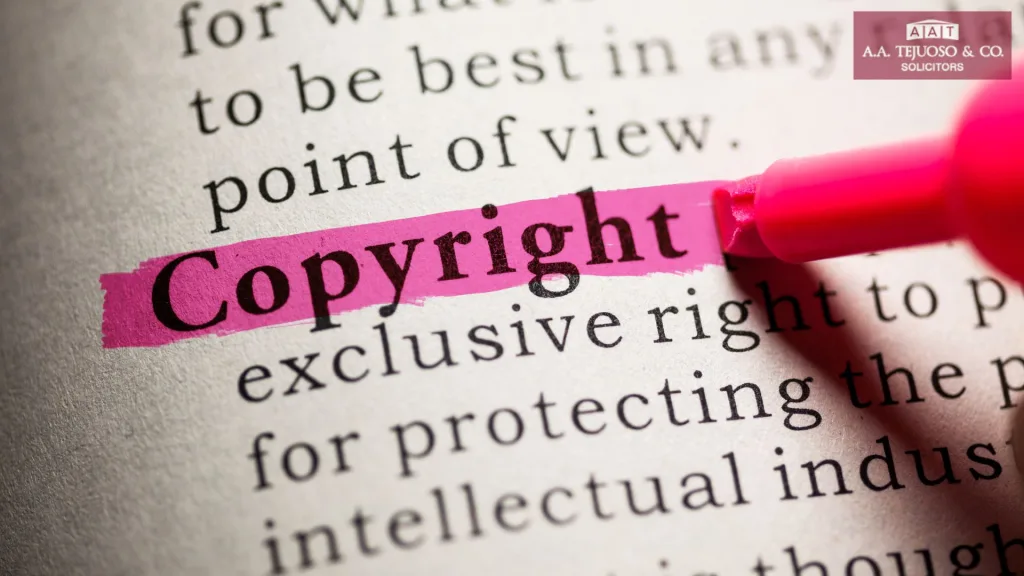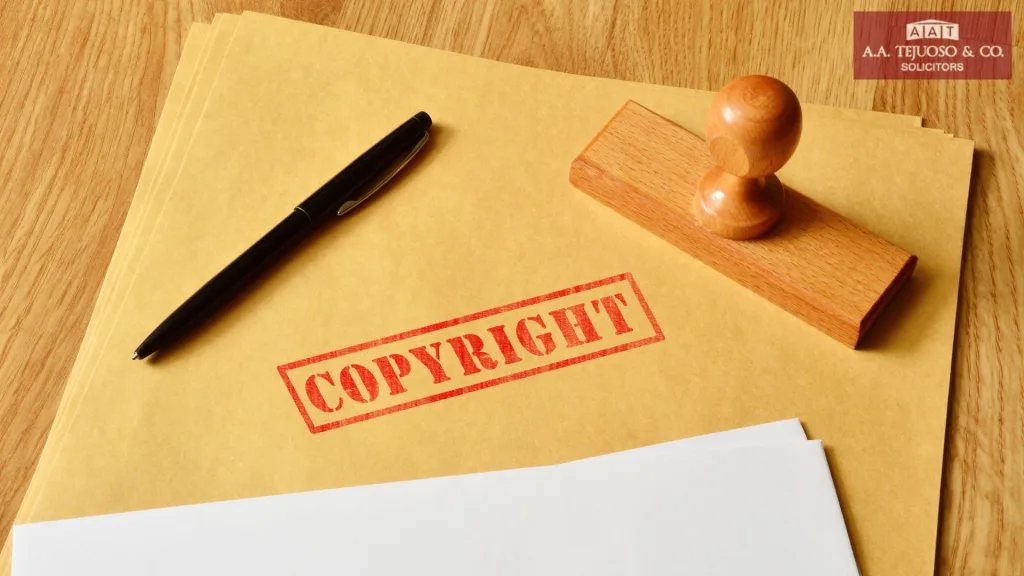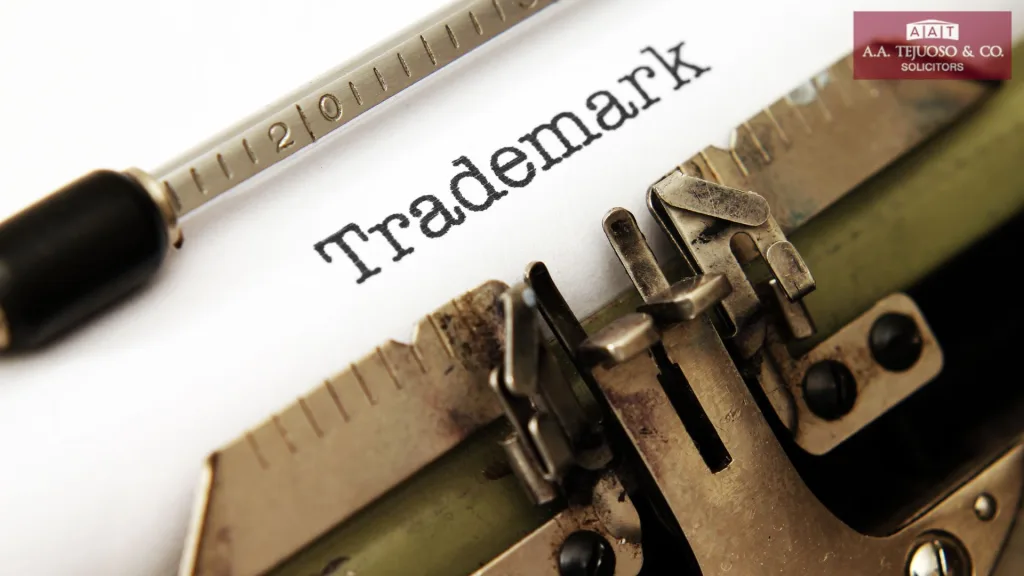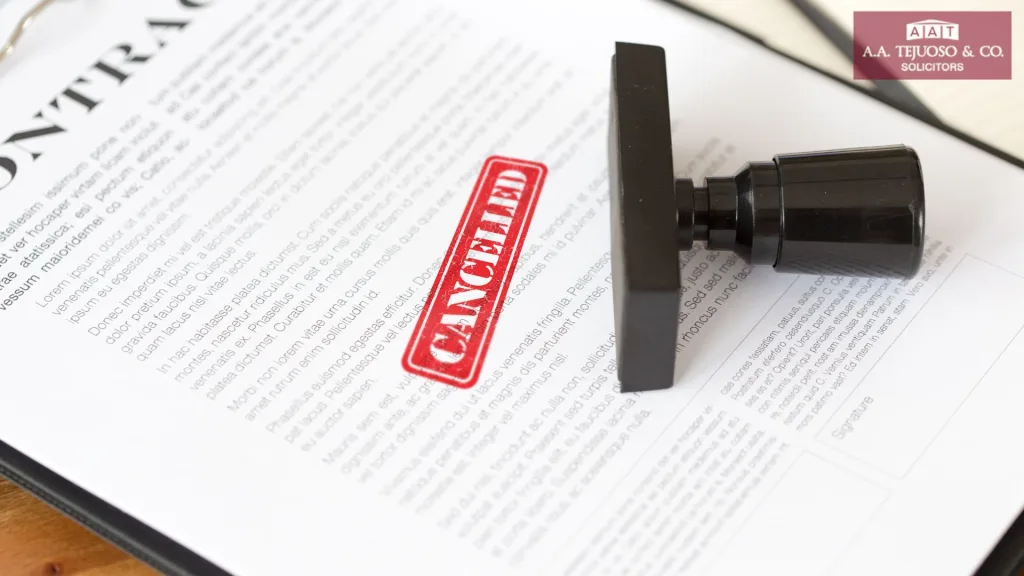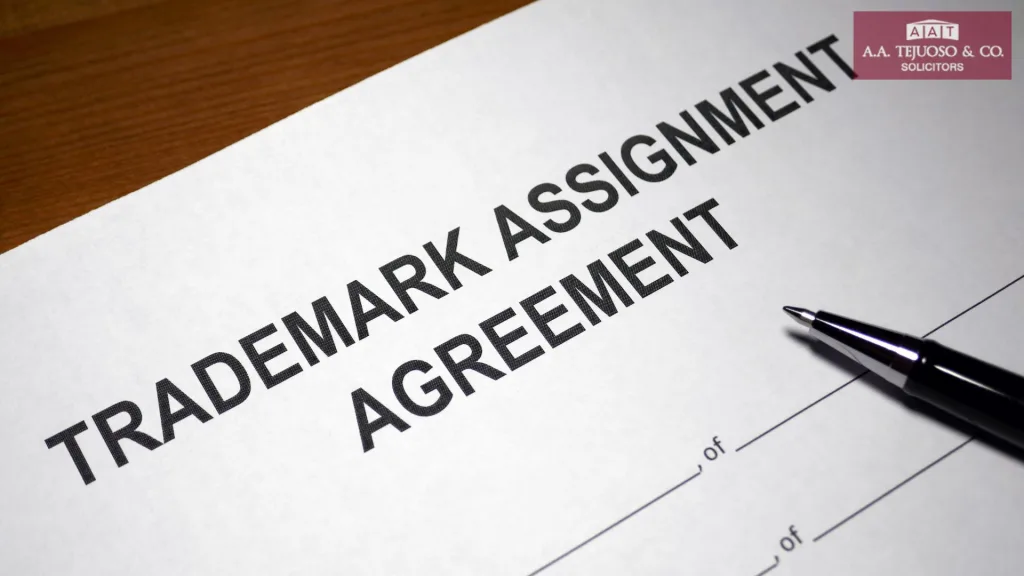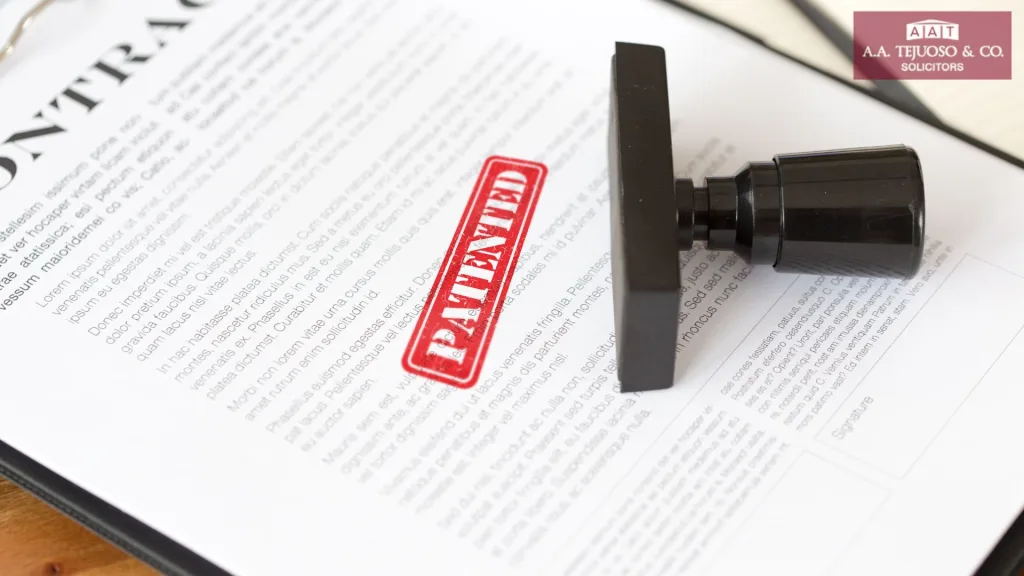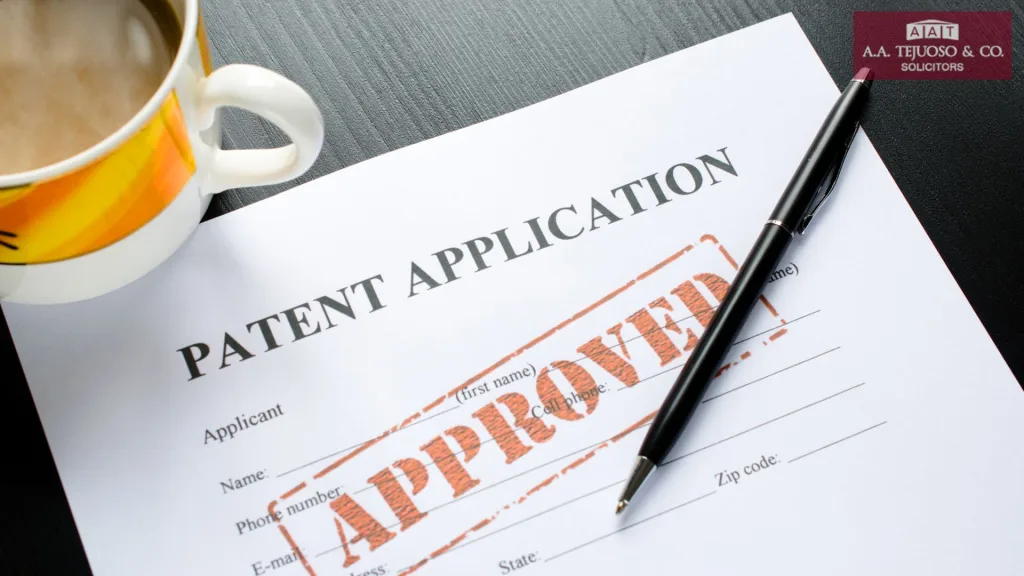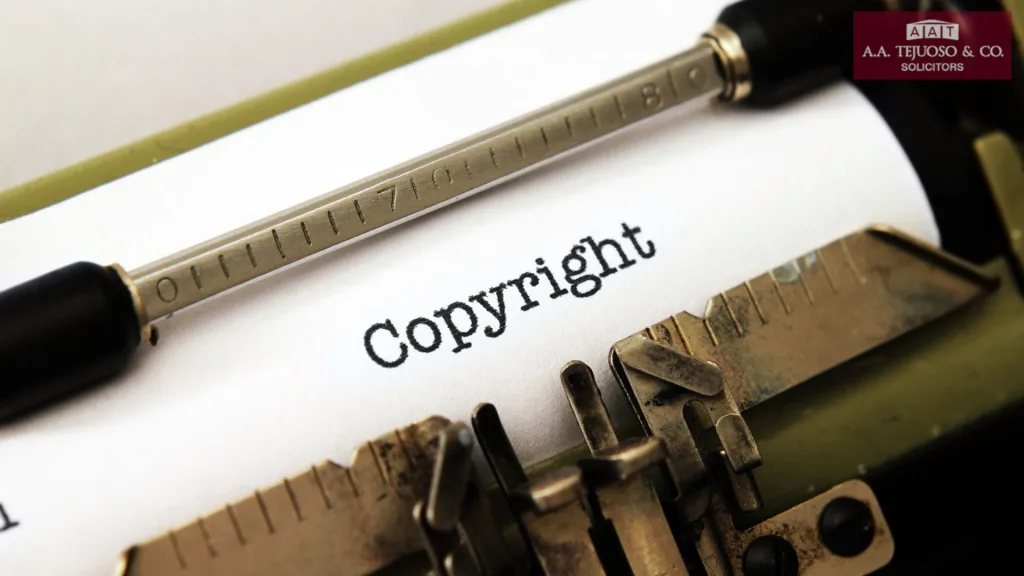PROTECTING SOFTWARE IN NIGERIA
PROTECTING SOFTWARE IN NIGERIA RECENT POST Frequently Asked Questions About Patents in Nigeria December 11, 2023 Five Things You Need to Know About Trademarks November 5, 2020 Procedure For Trade Mark Registration in Nigeria November 5, 2020 REGISTER A TRADEMARK ADDRESS 33 Cavendish Square London W1G 0PW BOOK AN APPOINTMENT Please contact us by phone or via the online form to set an appointment. thank you! +234 1264 3024 In Nigeria, computer programs, whether in source or object code, are protected under copyright. Section 39 of the Nigerian Copyright Act 1988 defines a computer program as “a set of statements or instructions to be used directly or indirectly in a computer in order to bring about a certain result”. “Literary works” is also defined in the Act to include, irrespective of literary quality, computer programs. To obtain the protection afforded under the Copyright Act, the computer program must meet the usual requirements for a literary work. They must, however, also satisfy the usual requirements for copyright protection before the Act applies: Learn more about our trademark registration A. work must be reduced to material form An idea itself will not receive copyright protection. The idea must be reduced to material form (whether it is written, recorded (including in musical or dance notation), filmed, painted, etc.) before it is capable of copyright protection. The idea will only receive protection in the form in which it is expressed. B. work must be original and the result of the author’s skill and effort: The work must be original. This does not mean the work must be novel or unique but the work must not be a mere or slavish copy of another work. The work must be the product of the author’s independent skill and effort. The work does not have to be aesthetic in order to gain copyright protection. For example, accounting forms, football coupons and racing programs have been regarded by the courts as literary works capable of copyright protection. The major advantage of copyright protection lies in its simplicity. Copyright protection does not depend on any formalities such as registration or the deposit of copies in the 151 countries party to the Berne Convention for the Protection of Literary and Artistic Works. This means that international copyright protection is automatic – it begins as soon as a work is created. Nigeria is a signatory to the Berne Convention. As a literary work, copyright gives exclusive right to the owner of the computer program to control: i. Reproduction in any material form ii. Publishing iii. Public performance iv. Production of translation v. Film making vi. Distribution to public by rental, lease, hire etc. vii. Broadcast viii. Adaptation – Section 6 (1)(a), Cap C28, LFN, 2004 Term of Protection In Nigeria copyright protection is limited to the lifetime of the author +70 years after his death in the case of Literary, Artistic and Musical works or +50 years after first publication or broadcast in the case of cinematographic films, photography, sound recording and broadcast. Infringement Copyright infringement occurs when a person not being the owner (author or licensee/assignee) performs, with respect to a work WHOLLY or SUBSTANTIALLY, any of the acts which may not be so performed without the authorisation of the owner. The infringement can range from minor acts of infraction which nonetheless are actionable to large scale infringement for illicit commercial purposes, referred to as PIRACY. Remedies The remedies and reliefs available to a copyright owner against violations are Administrative, Civil and Criminal. Administrative Through the Nigerian Copyright Commission (NCC) Civil Injunctions can be obtained from a Nigerian court to prevent anticipated or actual infringement. Injunctions are granted on the following bases: – i. There must be a serious issue. ii. Damages will not suffice. iii. Balance of convenience is in favour of the applicant. iv. Court’s discretion Criminal Any of the following acts is an offence in Nigeria, punishable by fine or a term of imprisonment: i. Trading in works in violation of Anti-Piracy measures (Punishment is fine of N100,000 or term of imprisonment not exceeding 12 months or both); ii. Importation and possession of works in violation of Anti-Piracy measures (Punishment is fine of N500,000 or term of imprisonment not exceeding 5 years or both) iii. Unauthorised possession, reproduction and counterfeiting of Anti-Piracy device (Punishment is fine of N50,000 or term of imprisonment not exceeding 5 years or both) iv. Failure to keep, or making of false entry in statutory register or knowingly tendering or producing same (Punishment is fine of N10,000) If you have any further questions, please free to get in touch with us at AA Tejuoso & Co. Register a Trademark Schedule An Appointment Request Quote RECENT POST Frequently Asked Questions About Patents in Nigeria December 11, 2023 Five Things You Need to Know About Trademarks November 5, 2020 Procedure For Trade Mark Registration in Nigeria November 5, 2020 REGISTER A TRADEMARK ADDRESS 33 Cavendish Square London W1G 0PW BOOK AN APPOINTMENT Please contact us by phone or via the online form to set an appointment. thank you! +234 1264 3024
PROTECTING SOFTWARE IN NIGERIA Read More »



